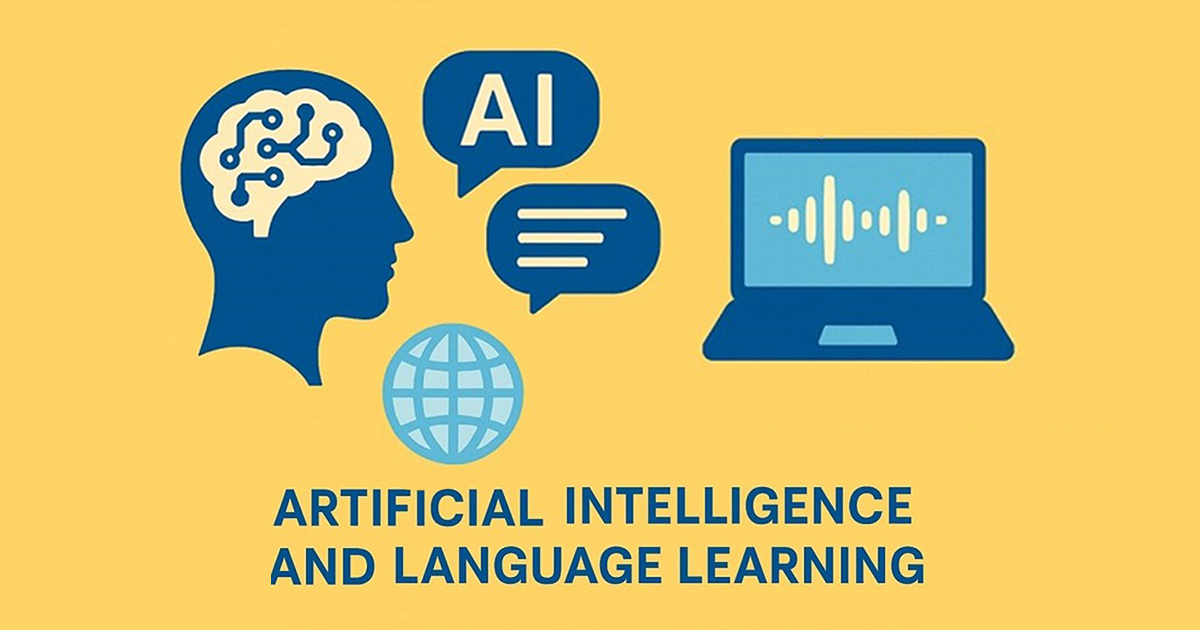- 2.6Impact Factor
- 5.5CiteScore
- 30 daysTime to First Decision
Artificial Intelligence and Language Learning: Innovations, Impacts, and Insights
This special issue belongs to the section “Language and Literacy Education“.
Special Issue Information
Dear Colleagues,
Artificial Intelligence (AI) has rapidly transformed the landscape of language education, from intelligent tutoring systems and adaptive learning platforms to generative language models and real-time feedback tools. This has put an unprecedented amount of agency not only in the hands of users, but also in those of instructors, who are creating their own materials more than ever before. This Special Issue invites scholars, educators, technologists, and interdisciplinary researchers to share contributions that critically examine both the innovative potential and the pedagogical, ethical, and sociolinguistic implications of AI integration in language education.
We welcome original research, theoretical papers, case studies, and practitioner reflections. The scope of this Special Issue includes, but is not limited to, the following topics:
- AI-driven language learning platforms and intelligent tutoring systems;
- Natural Language Processing (NLP) applications in second language acquisition;
- Generative AI as a tool for writing, translation, or conversation practice;
- AI and learner autonomy, motivation, and engagement;
- Ethical considerations in AI-mediated language instruction;
- The cross-cultural and multilingual implications of AI in education;
- Assessment and feedback mechanisms powered by AI;
- Teacher roles and professional development in AI-enhanced classrooms;
- Comparative studies of AI adoption across educational contexts.
Dr. Bradford J. Lee
Guest Editor
Manuscript Submission Information
Manuscripts should be submitted online at www.mdpi.com by registering and logging in to this website. Once you are registered, click here to go to the submission form. Manuscripts can be submitted until the deadline. All submissions that pass pre-check are peer-reviewed. Accepted papers will be published continuously in the journal (as soon as accepted) and will be listed together on the special issue website. Research articles, review articles as well as short communications are invited. For planned papers, a title and short abstract (about 250 words) can be sent to the Editorial Office for assessment.
Submitted manuscripts should not have been published previously, nor be under consideration for publication elsewhere (except conference proceedings papers). All manuscripts are thoroughly refereed through a double-blind peer-review process. A guide for authors and other relevant information for submission of manuscripts is available on the Instructions for Authors page. Education Sciences is an international peer-reviewed open access monthly journal published by MDPI.
Please visit the Instructions for Authors page before submitting a manuscript. The Article Processing Charge (APC) for publication in this open access journal is 1800 CHF (Swiss Francs). Submitted papers should be well formatted and use good English. Authors may use MDPI's English editing service prior to publication or during author revisions.
Keywords
- artificial intelligence
- learner agency
- second language acquisition

Benefits of Publishing in a Special Issue
- Ease of navigation: Grouping papers by topic helps scholars navigate broad scope journals more efficiently.
- Greater discoverability: Special Issues support the reach and impact of scientific research. Articles in Special Issues are more discoverable and cited more frequently.
- Expansion of research network: Special Issues facilitate connections among authors, fostering scientific collaborations.
- External promotion: Articles in Special Issues are often promoted through the journal's social media, increasing their visibility.
- e-Book format: Special Issues with more than 10 articles can be published as dedicated e-books, ensuring wide and rapid dissemination.

